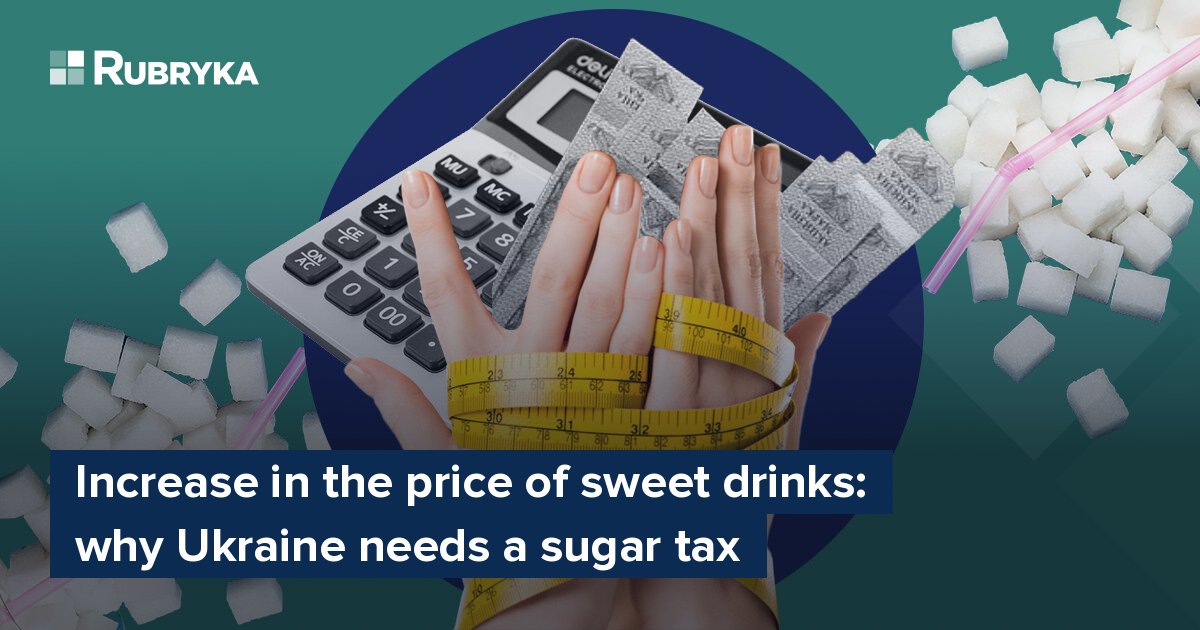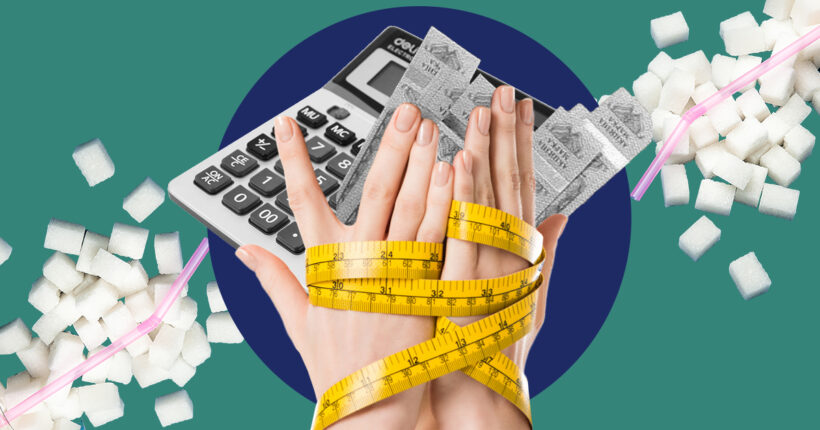
What is the problem?
Doctors have been warning for years: too much sugar is harmful. Sugar causes caries, spoils the skin, disrupts the intestinal flora, and even lowers immunity. Excessive consumption of sugar causes diabetes and excess weight, which, in turn, provokes problems with the heart, blood vessels, and the musculoskeletal system. According to the Ministry of Health, Ukrainians suffer from the burden of non-infectious diseases. They remain the leading cause of disability and acquired health problems. At the same time, the ministry emphasizes that most of these diseases can be prevented by changing daily habits and choosing a healthier lifestyle, including reducing the consumption of products that contain sugar.
What is the solution?
In 2016, the World Health Organization (WHO) called for global measures to reduce the consumption of sugary carbonated drinks, including introducing an excise tax. Seven years later, the voice of WHO was heard in Ukraine as well. The Ukrainian parliament has registered two draft laws designed to help Ukrainians reduce their craving for sweets.
Taxes on the use of added sugar or various types of restrictions are in force in 107 countries. This is a global practice that the WHO fully supports. "After all, Ukraine has to take care of the most precious thing— the health of our citizens," said Deputy Minister of Health, Chief State Sanitary Doctor Ihor Kuzin.
How does it work?
The price of the "sweet life"
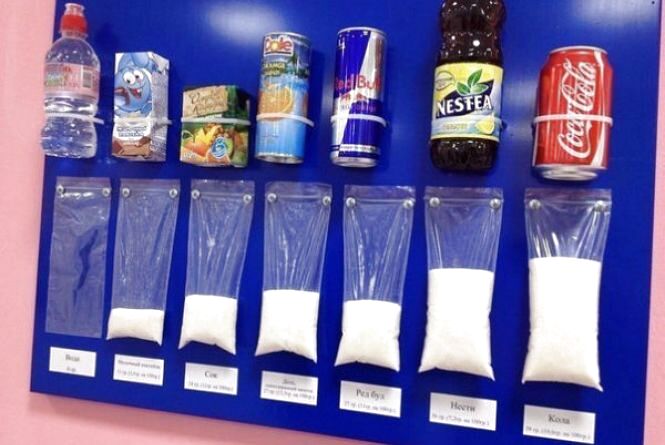
The picture shows the amount of sugar in each drink
According to WHO research, 83% of people aged 18-49 use sugary carbonated drinks daily. Continuous consumption of sugar-sweetened beverages is one of the reasons for the increased prevalence of overweight and obesity, which in turn is closely related to increased morbidity and premature mortality.
Sugar producers have no regrets. One glass of sweet carbonated drink contains approximately 20-25 grams of sugar or five teaspoons. One liter of such a drink already contains about 20 spoons of sugar. At the same time, according to WHO recommendations, sugar consumption should be below 5% of daily caloric intake or about six teaspoons of sugar per adult.
Another danger of carbonated drinks is that sugar in soft drinks is absorbed much faster, unlike sugar from other food products.
Research by Ukraine's health ministry shows that according to the body mass index, only 40% of Ukrainians had a normal weight in 2019, while two-quarters of the population were obese (24.8%), and a total of two-thirds (59%) were overweight.
What will the sugar tax bring?
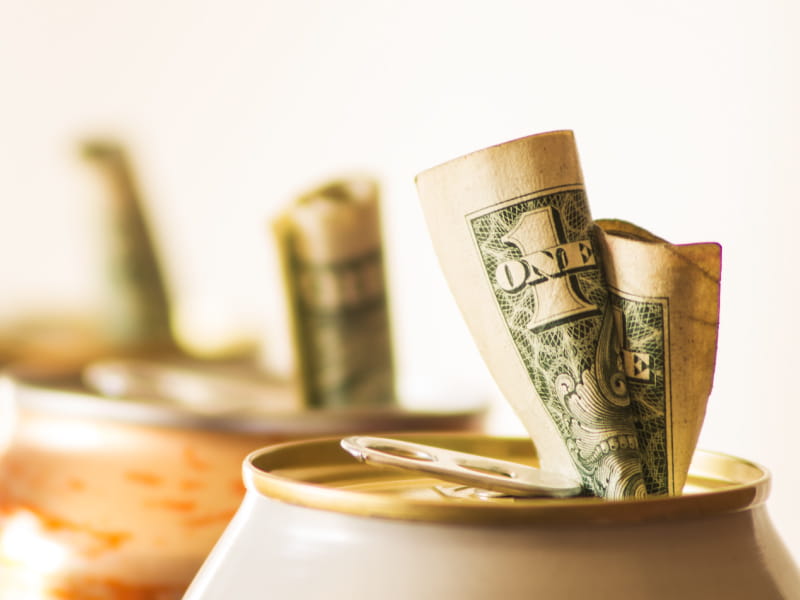
As the initiators of draft laws No. 9032-1 and No. 9033-1 assure, additional taxation will decrease the consumption volume of taxed beverages to 21%. It is expected that Ukrainians will buy healthier drinks, for example, plain water instead of them. This will reduce healthcare costs and increase the length of a full, healthy life.
Government representatives plan to use tax money to implement programs to prevent and treat diseases caused by the regular consumption of sweet carbonated drinks and in support of the children's nutrition program in schools.
Dmytro Kupyra, the executive director of the NGO Zhyttya Center for Civic Representation, also confirms the need to introduce an excise tax on sweet drinks. He claims that such a tax is an effective policy for reducing the affordability of these products and reducing the consumption of sweet drinks as a result.
This expert organization in the field of public health started a public discussion about the need to introduce an excise tax on sweet drinks back in 2021. Specialists of the NGO Zhyttya drew the attention of parliamentarians and representatives of the Ministry of Health and the Ministry of Finance of Ukraine — excise taxes on sweet drinks will bring additional revenues to the budget and reduce the consumption of dangerous products by Ukrainians, which will have a positive effect on the health of the population.
"Today, given the tectonic demographic changes as a result of Russia's war against Ukraine, preserving the health and working capacity of the population has gained even more importance," Kupyra emphasizes in an interview with Rubryka.
The expert provides calculations regarding the proposed draft laws. Thus, draft law No. 9032-1 provides for the introduction of an excise tax on water, including mineral and carbonated water, with the addition of sugar or other sweeteners or aromatic substances in the amount of 0.1 euro (about UAH 4) per 1 liter of drink. Introducing an excise tax on sweet beverages at such a rate can provide additional revenues to the state budget in the amount of up to $216.6 mln annually.
For a sweet drink priced at $0.8, such an excise duty will amount to about 13%, but this does not mean that the price will increase by this amount because manufacturers can reduce their own margin to maintain the product's affordability. With this in mind, bolder amounts of excise duty can be considered to achieve the main goal, which is to reduce affordability, and as a result, the consumption of products, which leads to negative changes in the human body, Kupyra believes.
In turn, draft law No. 9032 provides for a formula of $0.2 for every 25 grams of sugar per 1 liter. For example, Coca-Cola has 106 grams of hydrocarbons in 1 liter (probably all of it is sugar or another sweetener). This way, we get $1.2 of excise duty for 1 liter plus the product's price. The introduction of an excise tax with a formula somewhat complicates its administration but contributes to reducing the availability of sweet drinks with a high concentration of sugars, Kupyra explains.
Does it really work?
Foreign experience
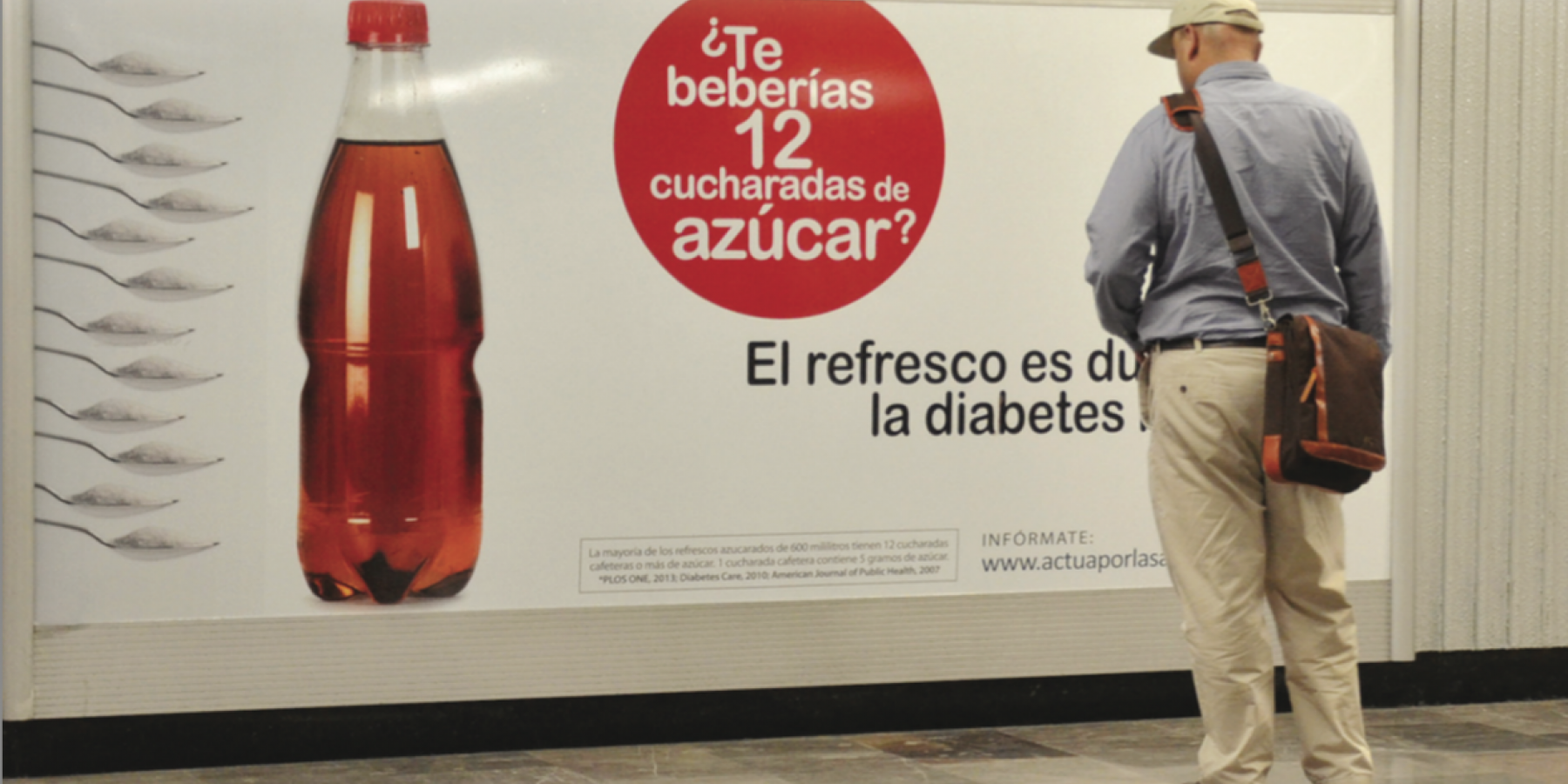
Sugar taxes have already been implemented in many countries of the world.
The experience of proved that after introducing a tax on drinks, the eating behavior of the population changed. Researchers recorded a 31% reduction in soda consumption. In Great Britain and France, the tax forced manufacturers to reduce the sugar level in sweet carbonated drinks (up to 70%).
In Mexico, the sugar levy led to a 39% decrease in the number of children suffering from obesity. Interestingly, part of the income from the tax was directed to installing fountains with drinking water in schools.
SSB tax revenue in France supports social security, including health and medical care.
In Portugal, the income from the tax goes to developing the national health care system.
In 2021, the National Health Care Fund of Poland received more than 1.42 billion zlotys (about 11.7 billion UAH) from this fee. More than 1 billion zlotys (about 8.3 billion UAH) were allocated to reimburse medicines used to treat diabetes. The National Health Fund of Poland is obliged to direct the funds from such a tax to educational and preventive measures and health care services related to maintaining and improving the health of patients, particularly those with excess weight and obesity.
Can Ukraine also become healthier?
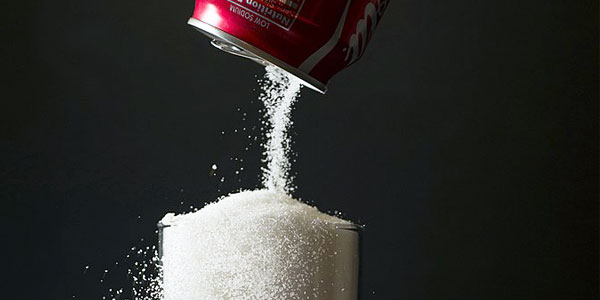
Unfortunately, what worked in other countries may not give the same results in Ukraine. At least, this is the opinion of Nataliya Bondarenko, a top-level internist and endocrinologist.
The doctor explains that the desire of the government to find new sources of funds to fill the budget is understandable. We can only welcome the fact that the search for additional sources of funds is underway and not the sequestration of the government's obligations. Unfortunately, in Ukraine, there are no working mechanisms for collecting and directing funds to targeted programs, especially when it comes to the health care system (HCS) needs.
Bondarenko says that it would be possible to be certain that the excise tax funds go to the declared initiatives, provided that they were immediately accumulated in a special protected account and then directed exclusively to medical programs related to diabetes of the second type.
"Perhaps, the Ministry of Health and the National Health Service received promises that these funds would go to them and not to something else. It would be good if the parliament and the government first practiced and showed how it works on the already existing excise tax: tried to direct the funds from the excise tax on tobacco products to the needs of the HCS. Mortality from respiratory diseases in Ukraine is consistently very high," says Bondarenko.
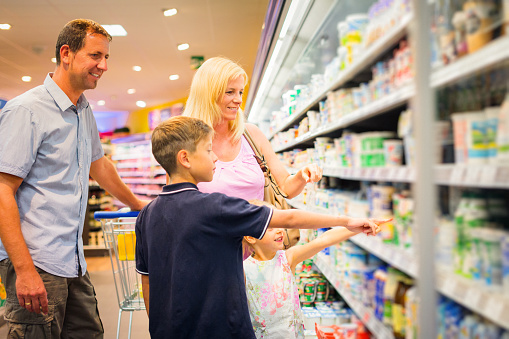
The endocrinologist notes that an excise tax by itself is unlikely to lead to a reduction in the consumption of sugary drinks and a decrease in the incidence of diabetes and explains why.
A certain group of goods will now be slightly more expensive — that's all. The food basket rises accordingly: there is no reason to think people will deny themselves the usual sugary drinks and instead buy something healthy, such as fresh fruits and vegetables or meat. Unfortunately, eating behavior changes do not occur just because the price has increased. People will rather postpone purchasing things and clothes or accumulating debts for communal services than change their eating habits in favor of healthier ones.
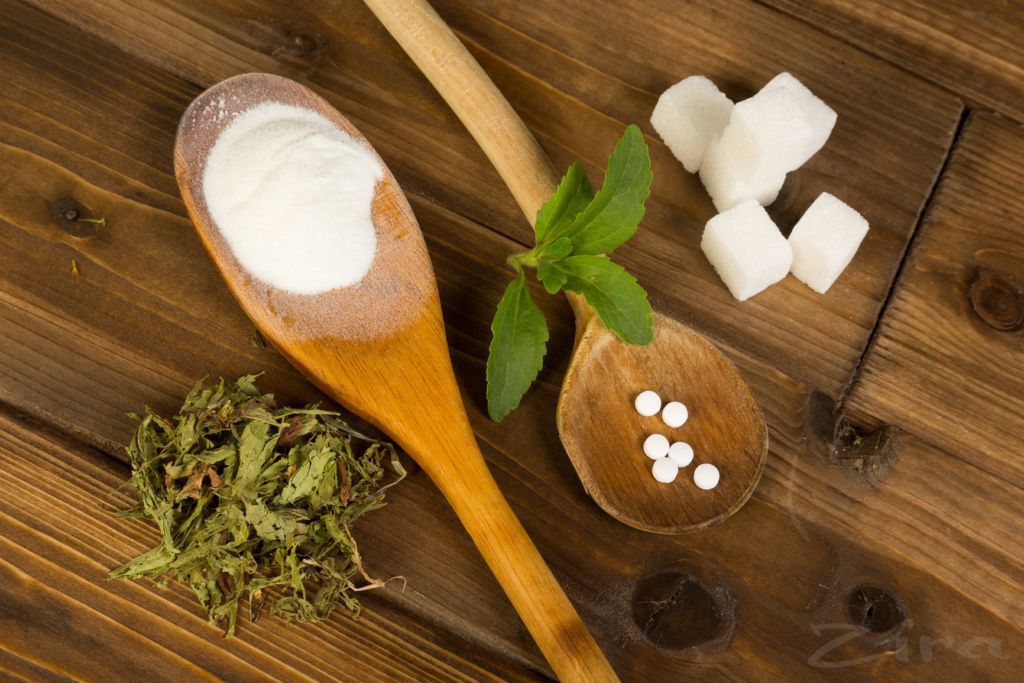
The proposed bills are not only about sugar. It is planned to introduce an excise tax on drinks containing its substitutes and flavorings.
According to endocrinologist Bondarenko, sugar substitutes do not contain anything useful. Fructose is often used in the food industry — it is as harmful as sugar in terms of weight gain and the development of diabetes. According to Bondarenko, some doctors even consider this influence to be more damaging. Other sugar substitutes (except those produced from stevia) are toxic if consumed frequently in large quantities. They cannot replace sugar unless the goal is to refuse or reduce the consumption of sweets completely — it is about changing eating habits.
If the future excise tax applies to only one group of drinks (for example, only carbonated beverages and fruit juices will not be affected by the excise tax), then its effectiveness in changing the eating habits of Ukrainians will accordingly be less.
Complex solutions
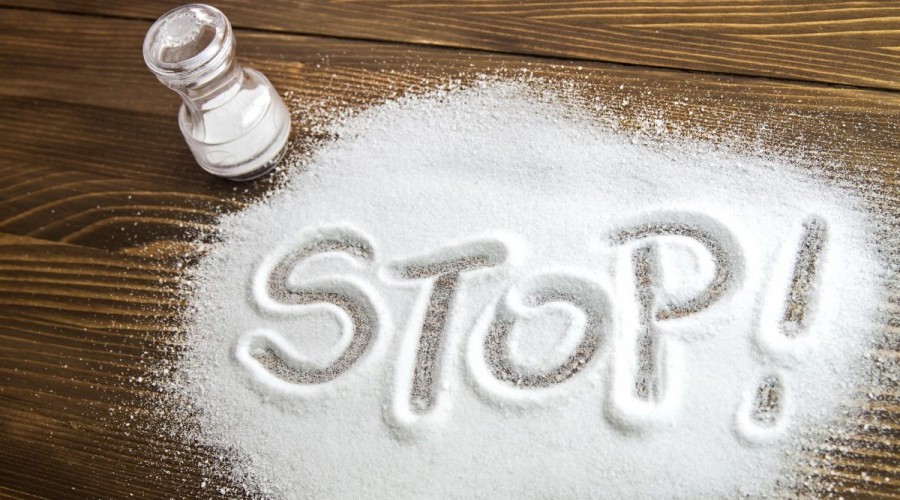
Bondarenko believes comprehensive actions are needed to improve the population's health and reduce sugar consumption. In the doctor's opinion, educational programs, social advertising, and universal clarification of why excessive sugar consumption is harmful are needed.
In addition, there is a need to control manufacturers and limit the amount of sugar or fructose in beverages. Most of them are unnecessarily sweet — just so that a person doesn't quench their thirst and reach for the next bottle. The endocrinologist believes that the best thing is to ban the use of fructose for sweetening (it is cheaper than sugar but also more harmful to metabolism).
According to the doctor, Ukraine needs a large-scale campaign to promote drinking only water to quench thirst, and any metabolically non-inert drink is food. Metabolically inert drinks are water, various types of tea without sugar, coffee without sugar, and milk.
Even more useful solutions!
Changing eating habits ourselves
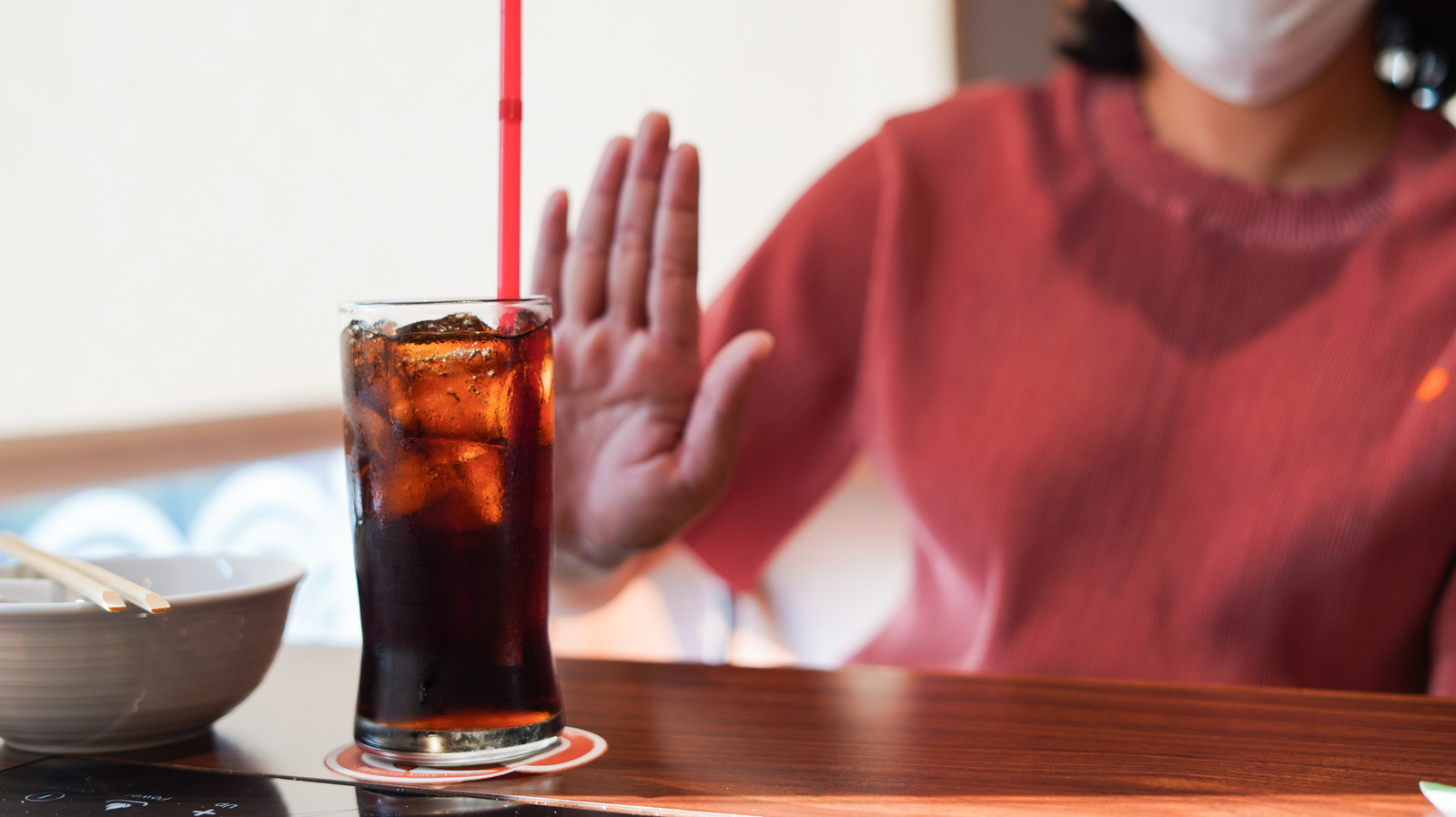
All drinks sweetened with sugar or fructose are harmful in terms of impact on carbohydrate metabolism, development of obesity, and diabetes. Moreover, fruit juices and fresh drinks can be harmful, even if no sugar or fructose has been added, simply because they already contain a large amount of fructose. It is better to eat fruits in moderation than to squeeze juice from them, Bondarenko advises.
In addition, the doctor advises working on getting rid of the habit of quenching thirst not with water but with drinks with taste qualities. Another tip is to forget about the habit of satisfying hunger with snacks and something sweet instead of full meals. The doctor explains that all this leads to the release of a significant portion of insulin into the blood so that the body can quickly dispose of the received glucose. After disposal, within an hour, a person is hungry again, and the hand again reaches for a new portion of drink or a new (and again sweet) snack. This is not an addiction but a lack of understanding of how one's own metabolism works, the influence of advertising, and family eating habits. Sweet drinks do not quench thirst but provoke it even more. People usually have no idea how much sugar and calories are actually in each glass of drink, they try to drink tea or coffee without sugar (even without one spoon), but they do not think that there will be several times more sugar in a glass of store-bought drink.
According to Bondarenko, if you consume sweet drinks anyway, diluting them with plain water is better. In addition, monitor other sugar consumption: if you drank sweet water today, it is better to give up dessert.


